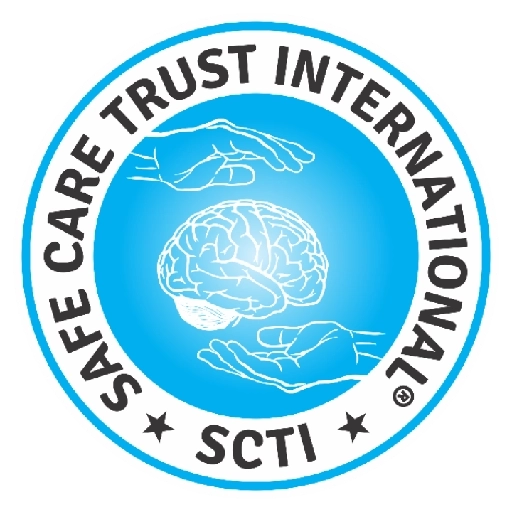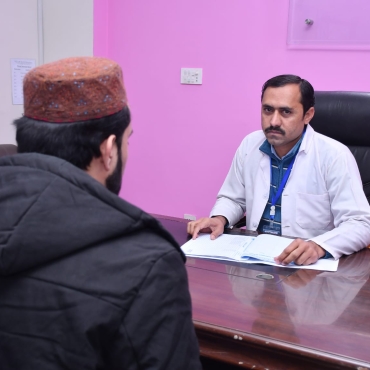You may have heard of the term “holistic treatment” in the field of addiction recovery, but what exactly is it and who can benefit from such treatments? The medical definition of holistic treatment is an approach that treats the whole person, not just a symptom of a disease. Holistic addiction recovery does not discount traditional treatment methods, but rather utilize holistic treatment approaches in conjunction with traditional forms of addiction treatment. While standard addiction treatments such as Cognitive Behavioral Therapy and Medication Assisted Treatments are evidence-based treatments that are widely used and accepted in the field of addiction recovery, holistic treatments can help curb withdrawal symptoms, serve as coping tools to help prevent relapse, help with mental health and emotional issues, and enhance mental, physical and spiritual well-being as well as overall quality of life.
what is Holistic Addiction Recovery?
A holistic approach to addiction treatment has been a growing trend in the field of addiction recovery that is incorporated into more standard therapies. The term “holistic treatment” can be used as an umbrella term that often refers to a “whole person” approach to treatment, meaning that there is a simultaneous focus on mental health and physical health, as well as other areas of an individual’s wellbeing such as spiritual health. As such, an underlying premise of holistic therapy is that there is an integration of an individual’s body, mind, emotions, and spirit. Using a holistic approach to addiction recovery, the entire person is addressed in treatment and not just one aspect of the individual or a particular symptom that the individual is presenting. Holistic treatments are designed to have an effect on the individual’s overall well-being rather than target a particular symptom or behaviour.
Although holistic approaches are often viewed as separate from conventional psychotherapeutic approaches, there is a field of counselling known as “holistic psychotherapy” that combines the elements. Most notably, holistic psychotherapy combines practices of traditional talk therapy including psychoanalysis and cognitive behavioural therapy with non-traditional holistic therapies such as hypnotherapy and breath work. Today you will find that most inpatient addiction treatment centres, as well as many outpatient addiction treatment centres and even private addiction therapy practices incorporate some aspects of holistic therapies into their approach to addiction recovery.
What Are Some Examples of Holistic Addiction Treatments?
There are a wide range of holistic treatments that can be used in the field of addiction recovery. Some common forms of holistic treatments used for addiction recovery may include:
- Biofeedback and Neurofeedback
- Art, Music, or Writing Therapy
- Yoga
- Nutritional Therapy
- Exercise
- Herbal and Plant Medicines
- Acupuncture
- Reiki
- Hydrotherapy
- Aromatherapy
- Sound Therapy
- Shamanic Healing
- Energy Healing
- Breath work
- Hypnotherapy
- Kirtan
- Tai Chi
- Meditation and Mindfulness
- Massage Therapy
- Experiential Therapy
- Nature Therapy
- Equine Therapy and other Animal Therapy
What Addictions Can Holistic Treatment Be Used for?
Holistic treatment can be used for all addictions, including but not limited to:
- Alcohol addiction
- Drug addiction
- Gaming addiction
- Gambling addiction
- Cryptocurrency addiction
- Sex addiction and porn addiction
- Food addiction
A holistic approach to addiction treatment has been a growing trend in the field of addiction recovery that is incorporated into more standard therapies. The term “holistic treatment” can be used as an umbrella term that often refers to a “whole person” approach to treatment, meaning that there is a simultaneous focus on mental health and physical health, as well as other areas of an individual’s well-being such as spiritual health.




